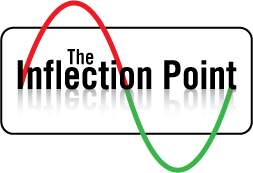Nuclear power was gaining a lot of momentum prior to the terrible disaster at Japan's Fukushima powerplant in March.

But since then, atomic energy has come under increased scrutiny and once again drawn the ire of environmentalists who were just warming up to its carbon-free emissions.
The German government's decision to close all of its existing nuclear reactors by 2022 shows that this shift in sentiment is gaining traction. And it increases the likelihood that the nuclear-powerplant building boom that had seemed at hand will be set back.
Without a doubt, this new reality will lead to global energy shortages and much-higher energy costs.
But for us as investors, the real issue is this: Which sectors will step up to alleviate the shortfall resulting from the inevitable disappearance of nuclear power?
